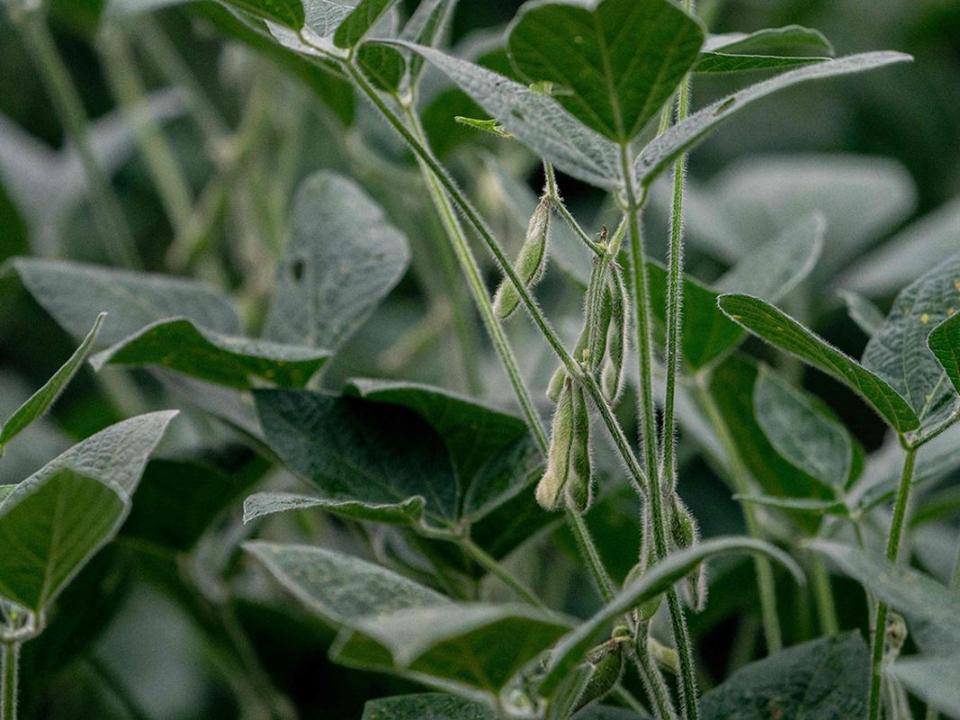Opinion: Veganism is as bad for the planet as meat-eating

By Jason Reed
Environmental campaigners are keen to tell us the greenhouse gases emitted by mass animal farming play a significant role in warming the globe. As Greenpeace puts it, “the climate impact of meat is enormous — roughly equivalent to all the driving and flying of every car, truck and plane in the world.”
Like most of the green movement, Greenpeace believes the solution to this problem is veganism. By abstaining from buying the offending foods, the argument goes, we can all contribute to eliminating the supply chains that are fuelling emissions.
But there is a better answer than mass veganism — innovation that embraces, rather than dodges, consumer choice. Behind the scenes, the free market is already building new supply chains that will allow for the best of both worlds: the freedom to eat animal products without harming the planet in the process.
In the meantime, eco-social movements are strong and the trend to veganism has taken hold, especially among millennials and generation Z. Surveys suggest around one in 10 Canadians consider themselves either vegan or vegetarian. The group most likely to make the leap to a plant-based diet is adults aged under 30, living in major cities.
This flood of young vegans is no doubt motivated by what they call the “climate emergency.” Unfortunately, dodging animal products is no silver bullet for creating an eco-friendly lifestyle. Many of the products vegans consume have a similar — in some cases greater — impact on the planet than meat.
Creating a rounded diet without using animal products is not easy, especially when it comes to protein. Besides lentils and beans, very few protein sources don’t come from animals. One that doesn’t is soy, which crops up in countless vegan products, from soya milk to the meatless meats, tempeh and tofu. Canadians get through 2.4 million metric tons of soy per year.
But soybean production is a disaster for the environment, even putting aside its greenhouse gas emissions, which are substantial (if lower than cows’). Soy is one of the least efficient crops to grow, meaning it accelerates deforestation as large swathes of forest are cleared to make way for it, undermining biodiversity in the process. It also causes soil erosion and water shortages and produces waste that is difficult to dispose of without causing further damage to the surrounding area.
So it’s a good thing there are non-soy-based alternatives to milk, right? Sadly, each comes with its own environmental issues. Oat milk sometimes contains glyphosate, a herbicide that causes all manner of problems for nature. Almond milk causes droughts, coconut milk destroys soil fertility, and, like cows, rice milk production emits methane.
The upshot is that young vegans who think they are doing their bit for the planet by chomping down on a tofu steak and washing it down with a glass of plant-based milk likely don’t realize the products they’re eating have kicked Mother Nature in the teeth in many more ways than cow farming.
What’s the solution, then? If both eating meat and not eating meat are a disaster for the planet, what is the eco-conscious diner to do? The answer, as so often, is to let the free market do its thing.
The demands for meat and milk are huge, as is the desire for food to be eco-friendly. Whoever manages to mass-produce emissions-free meat will become very wealthy. That’s why so many budding entrepreneurs are exploring different avenues to produce the food we want without emitting greenhouse gases.
One of the most fascinating is an Australian startup looking into ways to inhibit flatulence in cows so they produce less methane. If it succeeds, it could significantly reduce emissions from mass cow farming and make beef and milk much greener.
Meanwhile, the race to refine lab-grown meat technology continues apace. Some pioneers in the field are beginning to break through into the mainstream. An Israeli company recently secured approval from the U.S. FDA for its lab-grown chicken, which is now en route to American restaurants. Producers of lab-grown beef, like Beyond Meat, are appearing more and more often on supermarket shelves and starting to become household names.
Don’t let recent sales dips put you off. In an era of rampant food inflation, pioneering new products costing more than traditional alternatives are bound to lose out in the short term. But with time the technology will improve further and the products will become cheaper, better and more widely accessible.
Eventually, switching to lab-grown meat will be a no-brainer, allowing us to drastically reduce the environmental impact of our grocery purchases while retaining the privilege of choice. It won’t be long before we regard an era when the greenest among us opted for planet-killing soy as a virtuous substitute for animal products as just a bizarre blip in history.
Jason Reed is a U.K.-based writer and broadcaster.

 Yahoo Finance
Yahoo Finance 